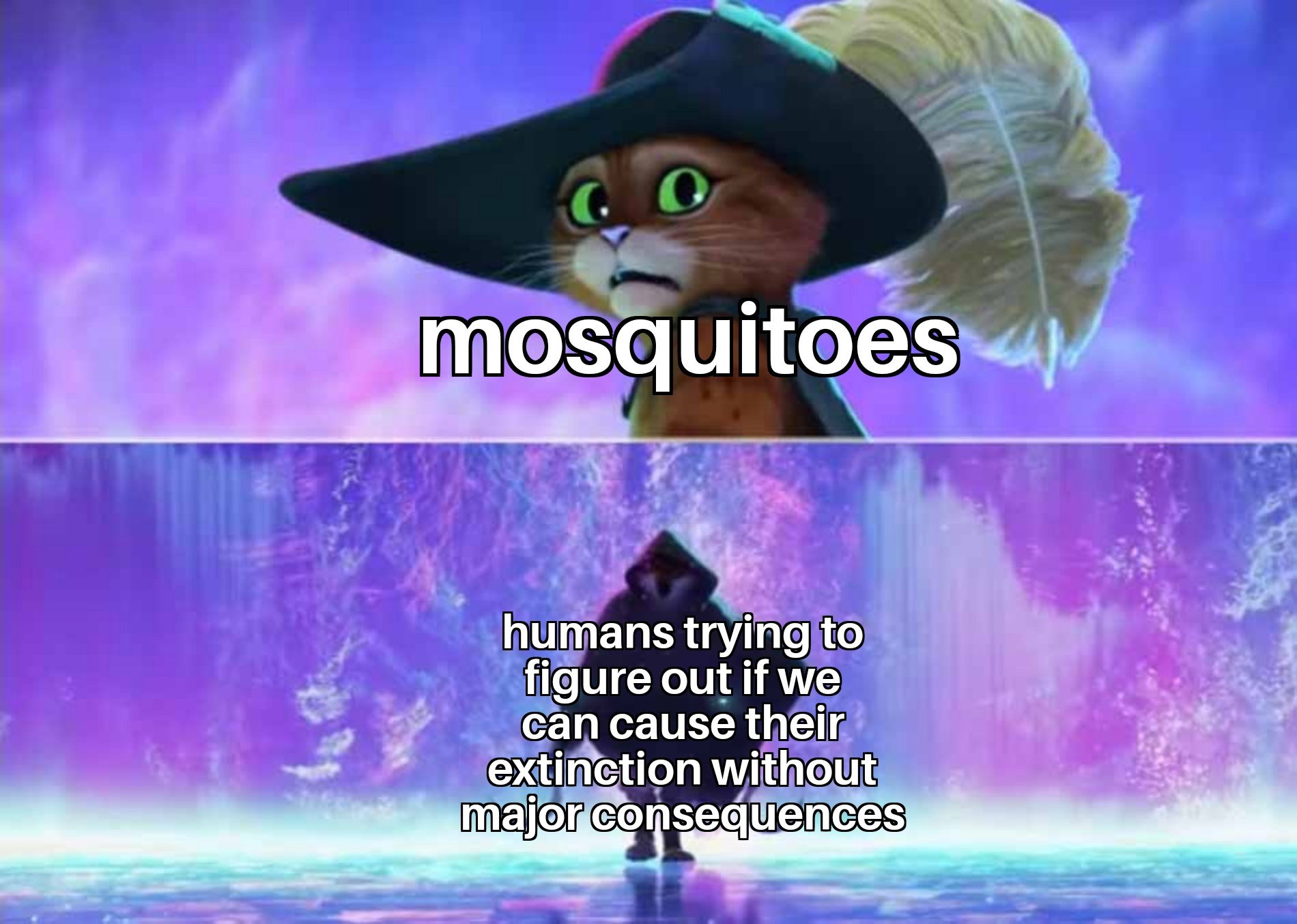this post was submitted on 10 Jul 2024
500 points (98.3% liked)
Memes
9514 readers
207 users here now
Post memes here.
A meme is an idea, behavior, or style that spreads by means of imitation from person to person within a culture and often carries symbolic meaning representing a particular phenomenon or theme.
An Internet meme or meme, is a cultural item that is spread via the Internet, often through social media platforms. The name is by the concept of memes proposed by Richard Dawkins in 1972. Internet memes can take various forms, such as images, videos, GIFs, and various other viral sensations.
- Wait at least 2 months before reposting
- No explicitly political content (about political figures, political events, elections and so on), !politicalmemes@lemmy.ca can be better place for that
- Use NSFW marking accordingly
Laittakaa meemejä tänne.
- Odota ainakin 2 kuukautta ennen meemin postaamista uudelleen
- Ei selkeän poliittista sisältöä (poliitikoista, poliittisista tapahtumista, vaaleista jne) parempi paikka esim. !politicalmemes@lemmy.ca
- Merkitse K18-sisältö tarpeen mukaan
founded 2 years ago
MODERATORS
you are viewing a single comment's thread
view the rest of the comments
view the rest of the comments


Well in theory yes. However there are billions upon billions of mosquitos and therefore, despite their small size, they are a large bio-mass.
If we try and remove a large bio-mass like that from the ecosystem there's bound to be knock-on effects in the food chain. We need to be sure that gap does get filled and what would fill that gap doesn't have any effects that could be worse than Malaria i.e. an insect that could swarm and cause famine.
Oh like a plague of locus? Interesting, so the people that are introducing infertile mates into the swarm have they evaluated such risk?
I'm no expert in biology, not my science as I dropped it after highschool, so I'm not going to pretend I know much, I'm merely hypothesising.
But I do know that removing large parts of bio-mass from the ecosystem will have consequences that need to be considered.
As far as I've read about sterile mosquito introduction is that it's an attempt at population reduction not extermination. I'm guessing this will allow the experts in this field to study the effect this effort has on mosquito populations, malaria rates, and other insect and mosquito predator populations.
Also our understanding of biology has come on leaps and bounds and I expect that within the next 50 years (barring a catastrophic event that impacts humanity) we'll have much more control over the ecosystem and I hope that allows us to improve human life and be better stewards of the environment.
Iirc part of the reason for sterile releases is to shift the populations. So for example they release them for malaria-carrying sub-populations but leave intact clean populations to fill in the niche.
There’s also some experimentation with releasing fully fertile specimens that have a specific gut bacteria which makes them unable to carry some of the diseases impacting humans, and is passed down to the young.